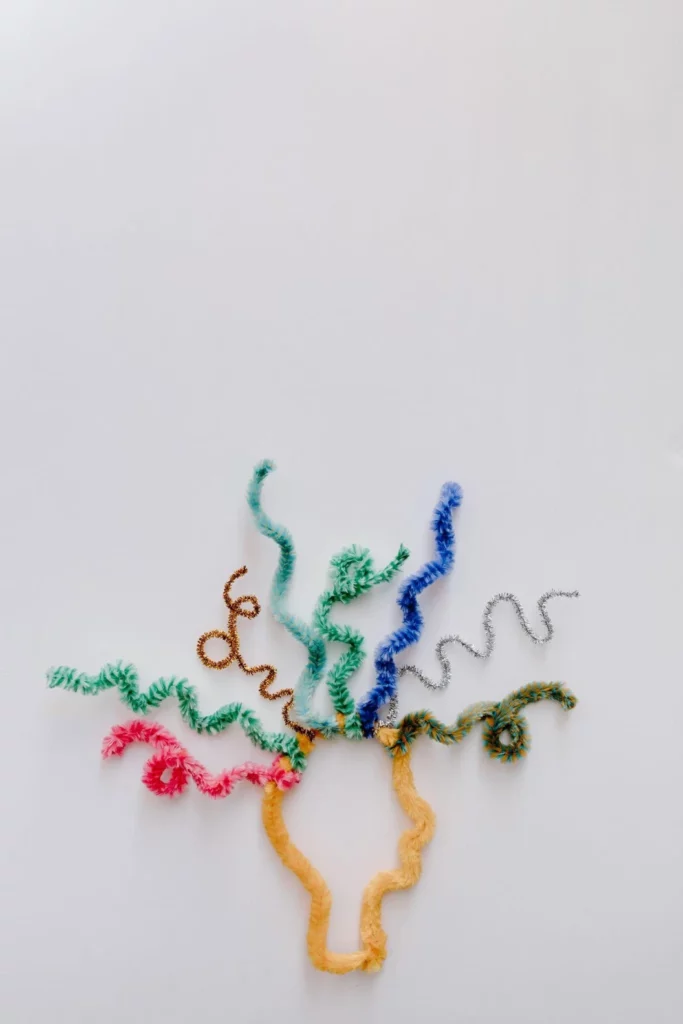
The relentless belief that every task, whether in work, school, home, or relationships, must be flawlessly executed can create a constant need to strive for unattainable perfection.
This mindset can even extend to the point where individuals feel unable to unwind or take a break until every item on their to-do list is completed, yet a sense of completion remains elusive as there is always room for improvement.
Anxiety and an intense focus on details are common among individuals with ADHD, which can contribute to fixations on specific tasks or objectives. Letting go or moving on from things beyond their control becomes a challenge. Moreover, the ability to empathize with others may be more difficult for individuals with ADHD, further complicating their perfectionistic tendencies. Although ADHD and perfectionism are not the same, there is undoubtedly an intricate relationship between the two.
Perfectionism can take a toll on mental health and overall well-being. It often leads to heightened levels of anxiety, feelings of depression, and a diminished sense of self-worth. Perfectionists frequently battle with procrastination as they fear falling short of their own impossibly high standards. Decision-making can also become daunting, as the fear of making mistakes lingers in the background.
Overcoming perfectionism begins with cultivating self-awareness and employing strategies to break free from patterns of anxiety and negative self-talk. Consider the following approaches to manage perfectionism effectively:
How to Manage Perfectionism
Reframe Your Goals: Shift the focus from perfection to progress. Set realistic and achievable goals, recognizing that growth is a continuous journey. Celebrate your milestones and acknowledge the value of little steps.

Practice Self-Compassion: Embrace self-compassion and understand that making mistakes is an inherent part of personal growth. Treat yourself with kindness and understanding, offering support and encouragement during challenging moments.


Seek Support: Reach out to professionals, such as therapists or coaches, who specialize in assisting individuals with ADHD and perfectionism. They can provide valuable guidance, help develop effective coping strategies, and offer emotional support along the journey.

ADHD and Attention Deficit Hyperactivity Disorder

On the other hand, perfectionism is a personality trait characterized by a constant pursuit of flawless outcomes and a fear of failure. It can result in excessive self-criticism, procrastination, and avoidance of tasks that may not meet one’s high standards. Perfectionism can be particularly demanding for individuals with ADHD as it can intensify symptoms and lead to feelings of frustration, anxiety, and low self-esteem.
The coexistence of ADHD and perfectionism can establish a destructive cycle. Individuals with ADHD may struggle to meet their elevated expectations, triggering frustration and disappointment. Consequently, this heightened emotional state can further exacerbate ADHD symptoms, increasing anxiety and self-criticism.

Furthermore, seeking professional support is essential for individuals dealing with ADHD and perfectionism. A therapist or coach specializing in ADHD and perfectionism can offer guidance and assistance in developing coping mechanisms and managing symptoms effectively.
In conclusion, managing perfectionism is an integral part of managing ADHD. By fostering self-awareness, practicing self-compassion, and seeking support, individuals with ADHD can navigate their perfectionistic tendencies and embrace personal growth. Rather than chasing unattainable perfection, they can prioritize progress and find fulfillment in the continuous journey of self-improvement.
Understanding the Role of Mindfulness in Managing ADHD and Perfectionism

Mindfulness is an approach that can be particularly beneficial for individuals with ADHD and perfectionism. It involves cultivating awareness of the present moment, accepting one’s thoughts and feelings without judgment, and maintaining a non-reactive attitude.
For individuals with ADHD, mindfulness can help improve focus and attention by training the mind to stay present and avoid distractions. By practicing mindfulness, individuals can develop a greater sense of self-awareness, recognizing when perfectionistic tendencies arise and how they contribute to stress and anxiety.
Mindful Breathing: Taking deep, intentional breaths can help individuals with ADHD and perfectionism ground themselves in the present moment. By focusing on the sensation of the breath entering and leaving the body, it becomes easier to let go of racing thoughts and bring attention back to the task at hand.

- Body Scan Meditation: This practice involves systematically bringing awareness to different parts of the body, noticing any physical sensations or areas of tension. By scanning the body from head to toe, individuals can release physical tension and cultivate a sense of relaxation.

- Mindful Observation: Engaging the senses and noticing details in the present moment can help redirect attention away from perfectionistic thoughts. For example, paying close attention to the sights, sounds, smells, tastes, and textures in the environment can anchor individuals in the present and reduce the impact of distractions.

- Non-Judgmental Awareness: Rather than criticizing oneself for not meeting perfectionistic standards, mindfulness encourages a non-judgmental and compassionate attitude. By accepting thoughts and feelings without judgment, individuals can reduce self-criticism and cultivate self-compassion.

- Mindful Task Switching: Individuals with ADHD often struggle with transitioning between tasks. Mindfulness can be applied during these transitions by consciously acknowledging the completion of one task and intentionally shifting focus to the next. Taking a moment to ground oneself and set intentions for the upcoming task can improve focus and reduce anxiety.

It’s important to note that mindfulness is a skill that requires practice and patience. Consistency is key to experiencing its benefits. Integrating mindfulness into daily routines, such as dedicating specific times for mindfulness exercises or incorporating brief mindful moments throughout the day, can contribute to managing ADHD and perfectionism more effectively.
By incorporating mindfulness techniques into their lives, individuals with ADHD and perfectionism can develop a greater sense of self-awareness, reduce anxiety, and cultivate a more balanced approach to their work and personal endeavors.
